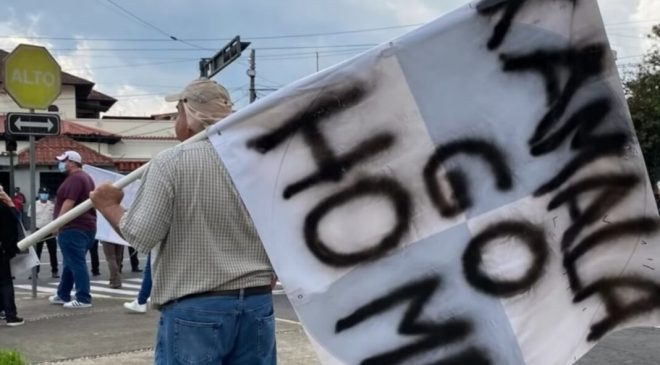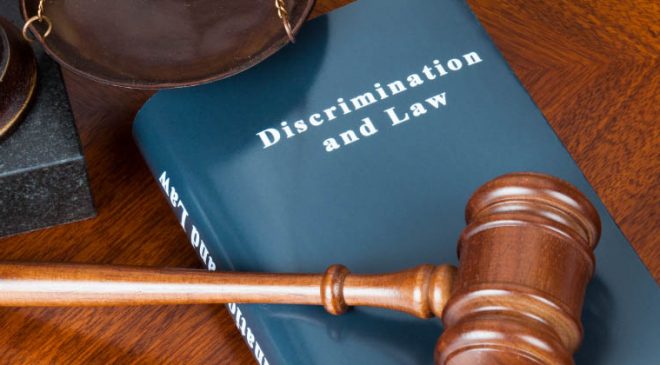Many who enter the service of the state are required to make a personal oath to defend the document that supposedly gave the state its authority, eg. the Constitution of the United States. Well and good, but when someone who has taken this oath decides that what they are being ordered to do by their superiors runs contrary to the state’s authority, and chooses instead to disobey their orders, they are derided as having foolishly decided on their own what is or is not contrary to the state’s authority (see Chelsea Manning or Edward Snowden). It must then be asked, what is the point of a personal oath to defend something if they are not allowed, nay, expected to personally determine the legitimacy of what they are being asked to do? If a US soldier takes a personal oath to defend the Constitution of the United States from enemies both domestic and foreign, which they do, then for that oath to mean anything at all, he must determine for himself whether or not any orders he is given violates that oath. He must stand as his own authority on the matter. It’s his personal oath, therefore it’s his duty to see that he doesn’t violate it. And that’s today’s two cents.
Skyler.



